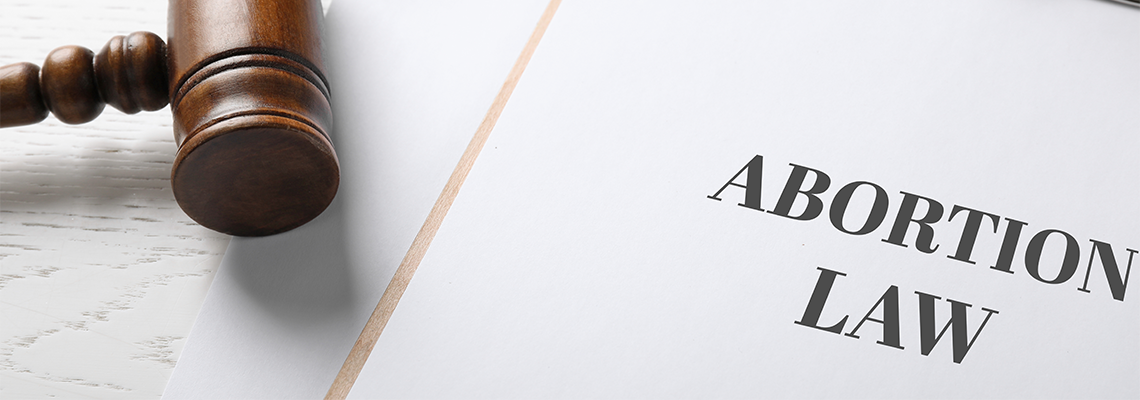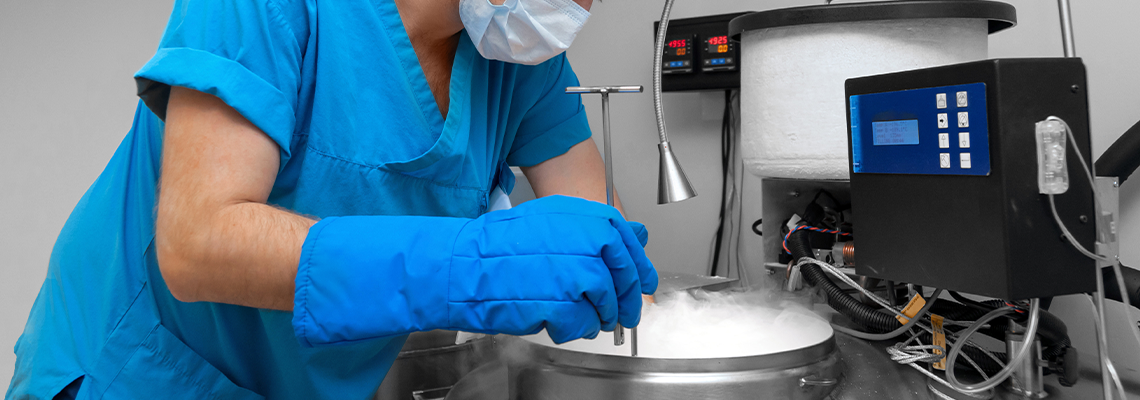Adoption is one of the most rewarding ways to grow a family, but it’s also a legal process that can bring questions, uncertainties, and emotions. At The Law Office of Karen M. Holman, I’m dedicated to guiding families through each step of this journey.
One Child at a Time

ASSISTED REPRODUCTION -
IN THE Post-Dobbs Era
In my years of practicing law, I've seen many legal changes and their impacts on the lives of my clients. Most recently, the Dobbs ruling, which overturned the constitutional right to abortion as well as the federal standards concerning abortion access, has impacted the ability of women and families to access assisted reproductive technologies (ART) and in vitro fertilization (IVF) to build their families.
IVF often involves the creation of multiple embryos, which are not always implanted immediately. Those that are not implanted are then frozen and cryopreserved for use future cycles or, at the family's discretion, to be donated (or adopted by) other women utilizing ART, and IVF, to achieve pregnancy.
Dobbs, which originated from Mississippi, challenged a law that banned abortions after fifteen weeks of pregnancy. But what does this mean for ART, particularly IVF?
Unintended Consequences
Overturning the right to an abortion without specifying a viability standard opened the door to interpretation of when 'life' begins. Laws that do not specifically exempt IVF, or that include language saying that 'life begins at fertilization' pose a real threat to IVF.
In Alabama, three couples who became pregnant after IVF froze their extra embryos. The embryos were cryopreserved at a fertility clinic. In 2020, a patient at the clinic accessed the tank where those embryos were stored, put their hand in the tank, grabbed some embryos and dropped them - destroying the embryos.
The couples then sued - under wrongful death of a minor statutes. A lower court said the embryos existing in vitro were not children. On appeal, the Alabama Supreme Court ruled, on February 16, 2024, that frozen embryos are "unborn children" for purposes of civil liability under Alabama's wrongful death statute.
Within a week of the Alabama Supreme Court ruling, three clinics paused IVF services, some families tried to move embryos stored in Alabama, and some clinics and shipping services stopped sending embryos out of Alabama.
In response to the backlash, Alabama legislators quickly drafted a bill to provide criminal immunity to "individuals and entities when providing or receiving" IVF services. The bill was signed into law on March 6, 2024.
Emerging Concerns
The implications of the Dobbs decision, and now the ruling from the Alabama Supreme Court, on IVF and ART are profound and multifaceted. There is a growing concern among fertility specialists and patients about how these stringent abortion laws could interpret the status of embryos, potentially affecting decisions related to embryo cryopreservation, disposal, and research.
Furthermore, states that equate the destruction of an embryo with abortion could create legal and ethical dilemmas for those undergoing IVF treatment, potentially limiting access to these vital reproductive technologies or imposing additional legal considerations on an already complex process.
What About in Virginia?
In Virginia, abortion is legal up until the fetus is viable outside the womb, typically around 24 weeks. This gives those undertaking IVF a larger window to make decisions about their embryos. If similar laws were to be enacted here in Virginia, access to ART and IVF would likely be negatively impacted, just as we saw in Alabama. The ability to choose when and how to start a family could be significantly impacted, and other routine, safe, and medically proven procedures could be limited or banned.
The Right to Privacy Post-Dobbs
The right to privacy, especially in the context of reproductive decisions post-Dobbs, has entered a new and uncertain era.
Historically, the right to privacy underpinned decisions related to contraception, abortion, and childbirth. But with the Dobbs allowing states to set their own abortion laws, the boundaries of this right are being tested.
This shift could lead to a patchwork of legal standards across the country, where the privacy rights of individuals seeking to make deeply personal decisions about family planning, including IVF, and the ability to travel to access services, might vary dramatically from one state to another.
The Future of Reproductive Rights
The future of reproductive rights in the post-Dobbs era is uncertain. It's a topic I'm keeping a close eye on as I continue to support my clients throughout Northern Virginia and the Shenandoah Valley, including Harrisonburg, Staunton, Woodstock, Strasburg, and Stephens City. It's crucial that we stay informed and prepared for any changes that may come.
As your lawyer, I'm committed to understanding these changes and how they might affect you. Together, we'll navigate whatever comes our way
RECENT POSTS
Parenthood is a cherished goal for many, and sperm donation offers an important option for turning that goal into reality. However, this process raises important questions about legal rights, responsibilities, and agreements.



